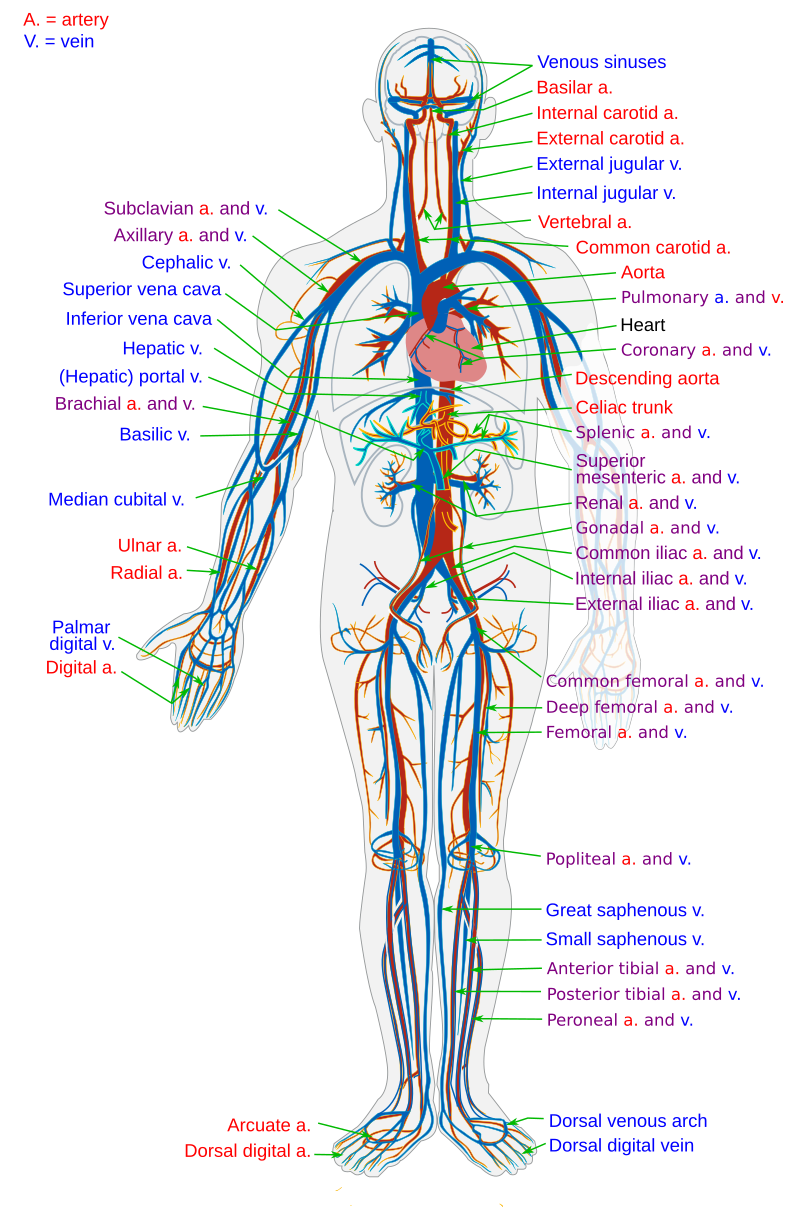Cardiologists Urged to Address Sleep Quality for Heart Health

In a groundbreaking statement released by the American Heart Association (AHA) in early 2023, cardiologists are now being urged to expand their focus beyond mere sleep duration to include a comprehensive understanding of sleep quality in their patients. This shift is prompted by emerging research highlighting the significant impact of multidimensional sleep health on cardiovascular well-being.
Historically, sleep has been recognized for its critical role in overall health. Figures like Benjamin Franklin have long proclaimed its virtues, labeling it essential to being 'healthy, wealthy, and wise.' With the AHA's inclusion of sleep duration in its 2022 'Life’s Simple 8' checklist for optimal cardiovascular health, the emphasis on sleep has intensified, particularly given strong epidemiological evidence linking insufficient sleep to negative cardiometabolic outcomes, such as obesity, type 2 diabetes, and stroke.
Dr. Martha Gulati, the director of Preventive Cardiology at the Smidt Heart Institute at Cedars-Sinai, Los Angeles, emphasizes that while adequate sleep duration—between 7 to 9 hours—is crucial, it is merely one aspect of sleep health. Recent studies have shown that sleep consistency and timing, termed sleep chronotype, also play critical roles. A 2023 study published in the Journal of Clinical Cardiology found that middle-aged individuals identifying as night owls exhibited signs of adverse cardiac remodeling, as evidenced by cardiac magnetic resonance imaging.
Furthermore, research conducted by the MESA Sleep Ancillary study revealed that irregular sleep patterns correlate with higher coronary artery calcium levels compared to those with stable sleep routines. This suggests that sleep irregularity is a significant risk factor for cardiovascular disease.
Dr. Julie Marcus, a cardiologist at Weill Cornell Medicine/New York Presbyterian Hospital, reinforces the necessity of addressing sleep health. She notes that many patients are unaware of the complexities surrounding sleep quality. 'It’s not just about how many hours one sleeps; the quality and regularity of that sleep are equally critical,' she stated. This sentiment is echoed by Dr. Marie-Pierre St-Onge, lead author of the AHA statement, who highlights the importance of sleep architecture and its broader implications for cardiovascular health.
The AHA’s updated scientific statement encompasses various aspects of sleep health, including duration, timing, regularity, daytime functioning, satisfaction, continuity, and sleep architecture. St-Onge explains that disturbances in these areas are linked to heightened risks of cardiovascular diseases, including hypertension and all-cause mortality.
Recognizing the multifaceted nature of sleep health, Gulati views the AHA’s statement as a pivotal opportunity for clinicians to reassess their approach to patient care. 'This is a call to action for better understanding and assessing sleep health in clinical settings,' she asserted. However, the statement does not provide specific clinical guidelines for managing sleep disorders.
In terms of practical advice, St-Onge recommends initiating conversations about sleep with patients by asking open-ended questions like, 'How’s your sleep?' This approach encourages patients to discuss their experiences with sleep, whether they struggle to fall asleep, wake frequently, or do not feel refreshed, despite adequate hours of sleep.
Marcus advocates for integrating these discussions into routine cardiovascular assessments, highlighting the potential for identifying new modifiable risk factors that could enhance cardiovascular health outcomes. 'Understanding a patient’s sleep health can provide new avenues for improving their overall heart health,' she concluded.
The AHA's emphasis on sleep quality not only affects cardiology but also has broader implications for public health, as sleep disturbances become increasingly recognized as a critical component of chronic disease management. As research continues to unfold in this area, it is evident that addressing sleep health could be a transformative step in advancing cardiovascular care and improving patient outcomes.
Advertisement
Tags
Advertisement





